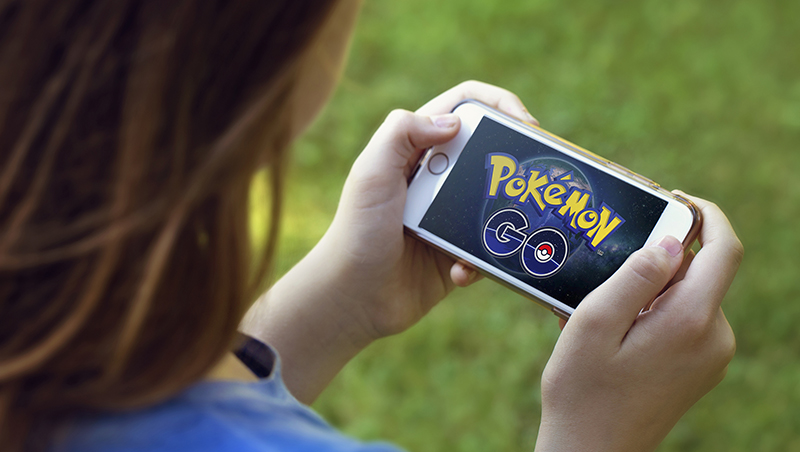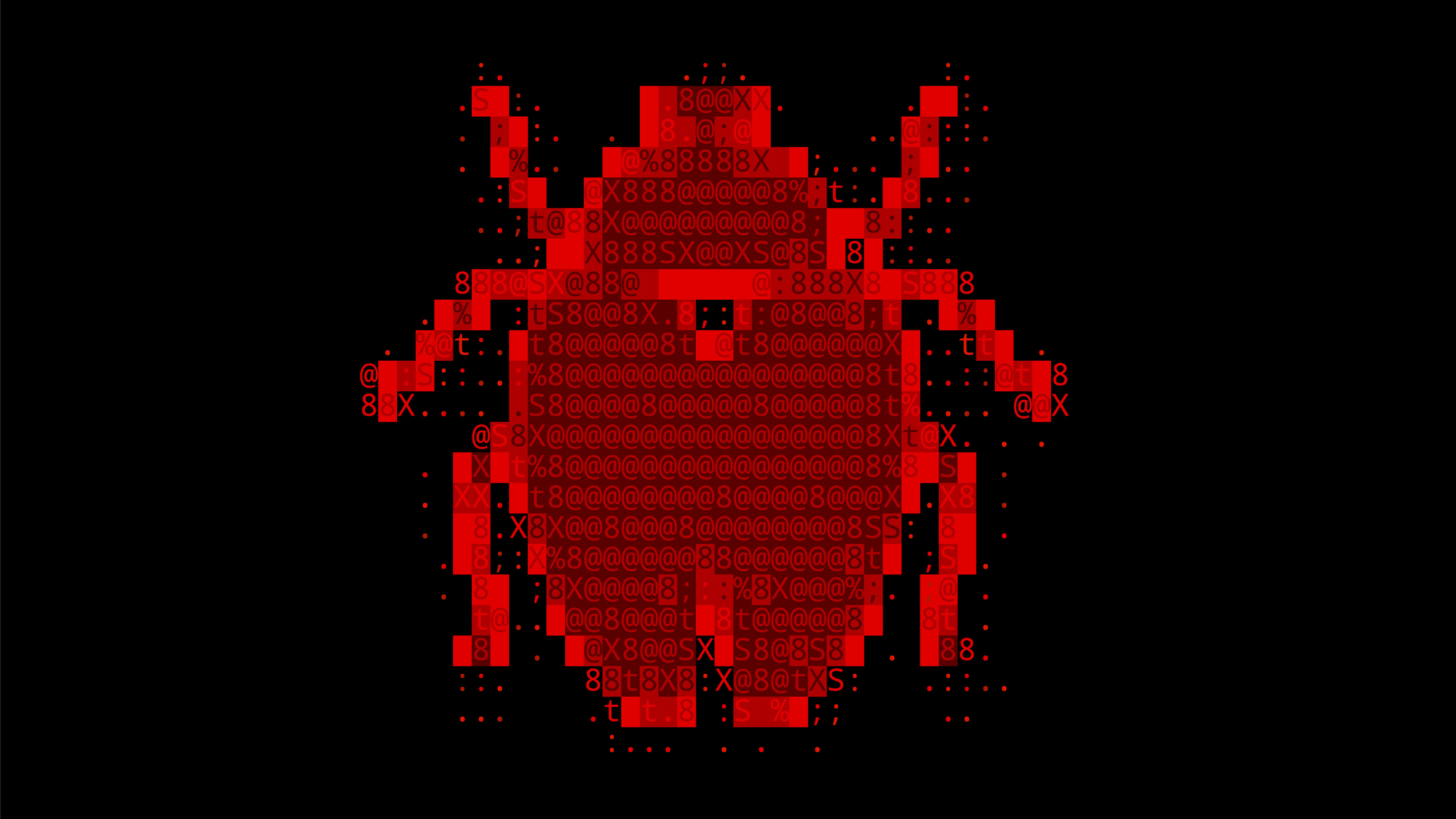Hackers threaten to crash Pokémon Go on 1 August
Two different hacking groups claim they took down app on the weekend

Hackers plan to crash Pokémon Go’s servers next month, after claiming responsibility for the app’s severely patchy service over the weekend.
PoodleCorp, a collective of former Lizard Squad members and other hackers, said it will hit the popular game’s servers on 1 August after the app suffered repeated problems over the weekend.
The group tweeted yesterday: “August 1st #PoodleCorp #PokemonGo.”
Its leader, XO, told a YouTube show called Drama Alert: “We will be taking down all of the servers of Pokémon Go all day long for 24 hours on August 1.”
It comes after PoodleCorp and another hacking outfit took responsibility for Pokémon Go service problems on the weekend, though the game’s developer, Niantic, blamed them on server issues.
PoodleCorp said it had overloaded the game’s servers with a DDoS attack, using a “very big botnet”.
PoodleCorp tweeted “PokemonGo #Offline #PoodleCorp” on the day, later that day retweeting XO's tweet, which read: “Just was a lil test, we will do something on a larger scale soon.”
Get the ITPro daily newsletter
Sign up today and you will receive a free copy of our Future Focus 2025 report - the leading guidance on AI, cybersecurity and other IT challenges as per 700+ senior executives
Another hacking collective, OurMine, which claims to hack people and firms in order to raise security awareness, also set out to hack Pokémon Go yesterday.
“Hello, today Our Target is big,” OurMine wrote on its blog. “Today we will attack “Pokemon Go” Login Servers! so no one will be able to play this game till Pokemon Go contact us on our website to teach them how to protect it.”
Later that day, it wrote: “Our Team started the attack of Pokemon Servers, and it’s down now.”
However, the app’s developer, Niantic, has previously acknowledged ongoing server availability issues in some of the regions where the game is currently available.
Posting on Facebook yesterday, Niantic said: “The issue causing the server problems earlier today have been identified. Trainers should once again be able to search for and train Pokémon in the real world. Thank you for your patience as we worked to resolve things.”
Problems reported to DownDetector.com peaked at 39,013 incidents of log-in and server connection issues at 8pm (EDT) last night, while 21,067 reports came at 4pm on Saturday.
Downdetector.co.uk recorded 6,388 reports of issues at 9pm yesterday, though service was patchy all day.
Cloud Pro has contacted Niantic for comment on PoodleCorp and OurMine’s claims.
OurMine has previously hacked the accounts of tech figures like Facebook CEO Mark Zuckerberg and Google CEO Sundar Pichai, allegedly to raise awareness of password security.
Pokémon Go is now out in the US, UK, Australia, New Zealand, Germany, Italy, Spain and Portugal.
15/07/2016: Niantic targets 200 countries for Pokémon Go rollout
Pokémon Go developer Niantic is upgrading its server capacity to support plans to roll the game out to 200 more countries.
Those territories include Japan and South Korea, Niantic CEO John Hanke told Reuters, saying "why limit it?".
Despite only being available in five countries - Germany, Britain, New Zealand, Australia and the US - the game has become an overnight success, with its popularity mirroring the original Pokémon craze of the 1990s.
It has been so successful that Niantic's servers appear to have had some problems coping with demand. Many players have reported crashes, connection dropouts and other errors, and the company is reportedly trying to beef up its servers before it expands the launch to any further areas.
The game is likely to make a big splash in eastern markets such as Japan (where Hanke confirmed it would soon be arriving), but potential rollouts in the lucrative South Korean and Chinese markets may be hindered.
The game uses Google's mapping functions for its locational data, but Google's mapping ability is restricted inside South Korea due to security issues stemming from their northern neighbours.
However, Hanke claimed "there are solutions to that", and that the company is working on it. The company "ultimately" expects to launch a South Korean version of the game, he said.
Regulatory problems could also make a Chinese release difficult, he said, but added that it was theoretically possible. China's mobile games market is one of the largest in the world and was valued at over $7 billion by a Newzoo and TalkingData report.
14/07/2016: Pokémon Go officially launches on iOS and Android in UK
Pokémon Go is officially out in the UK on both iOS and Android, sparking a new wave of downloads despite many Brits already using the app.
The game, released in the US, New Zealand and Australia last week, made it to Germany yesterday and it finally landed in the UK today, with development house Niantic promising releases elsewhere in Europe.
Created by Niantic alongside Nintendo and The Pokémon Company, the app has already lifted Nintendo’s shares up 50 per cent since its release.
Enthusiasm for the app shows no signs of stopping either, with people committed to catching Pokémon wherever they spot them, at work, on the train, in the park and even in the bathroom.
UK players have already been sideloading the app via Android by downloading the APK, disabling the security feature that prevents installing apps from unknown sources, then downloading it.
Meanwhile, iOS users have been creating new account IDs claiming they are from another region in which the app was already live to download it.
Niantic warned against this, tweeting: “Trainers, only install Pokémon GO via the Play Store or App Store. Downloads from other sources may contain malware or viruses.”
The official iOS app includes in-app purchases starting at £0.79 for 100 PokéCoins and rising to £3.99 for 550 PokéCoins. On Android in-app purchases go up to £79.99 for 14,500 PokéCoins.
Pokémon Go works on devices running iOS 8 and later versions, and Android 4.4 and later versions.
The app’s UK release was delayed due to unexpected server issues (see below), in which the game's servers buckled under the pressure of so many gamers using the app that it crashed for some.
It is not clear whether Niantic has cleared up an issue in which the app granted itself full access to users’ Google accounts. The developer promised to fix permissions to reflect what it claims the app actually accesses – user IDs and email addresses.
13/07/2016: Server issues delay Pokémon Go’s official UK launch
Pokémon Go is still not out in the UK because the game’s servers cannot keep up with people’s demand to play it.
Despite many people in the UK playing it by altering their region on the iOS and Android apps, Pokémon Go’s official UK launch has been delayed until the game’s developer, Niantic, irons out the server problems.
Niantic CEO John Hanke told Business Insider: “We thought the game would be popular, but it obviously struck a nerve.”
Its rollout to the Netherlands and the UK will remain “paused until we're comfortable”, Hanke added.
Sheer demand to play Go has resulted in its servers crashing for many users, with the app simply loading a message that reads ‘Failed to get game data from the server’, or ‘Our servers are experiencing issues. Please come back later.’
This has led Niantic, which developed the game alongside Nintendo and The Pokémon Company, to examine its server capacity, with Hanke claiming it hit a “great run” of uptime last Thursday.
The game only launched in the US and Australia last Wednesday, when around 1,300 Pokémon Go gamers had trouble getting online with the app in Australia, according to the Telegraph.
Niantic has already been forced to address another Pokémon Go issue after an IT professional found the app automatically gained full access to people’s Google accounts.
The developer said the app only accessed people’s user IDs and email addresses and promised to fix app permissions so it could only request this data.
It added: "Google has verified that no other information has been received or accessed by Pokémon Go or Niantic. Google will soon reduce Pokémon Go's permission to only the basic profile data that Pokémon Go needs, and users do not need to take any actions themselves."
-
 Malware free attacks: The threat to businesses
Malware free attacks: The threat to businessesIn-depth Malware free attacks are a growing risk – what can businesses do to mitigate them?
By Kate O'Flaherty
-
 State-sponsored cyber groups are flocking to the 'ClickFix' social engineering technique
State-sponsored cyber groups are flocking to the 'ClickFix' social engineering techniqueNews State-sponsored hackers from North Korea, Iran, and Russia are exploiting the ‘ClickFix’ social engineering technique for the first time – and to great success.
By Emma Woollacott